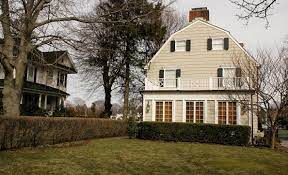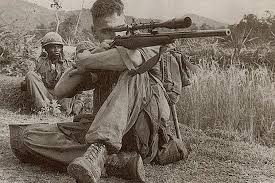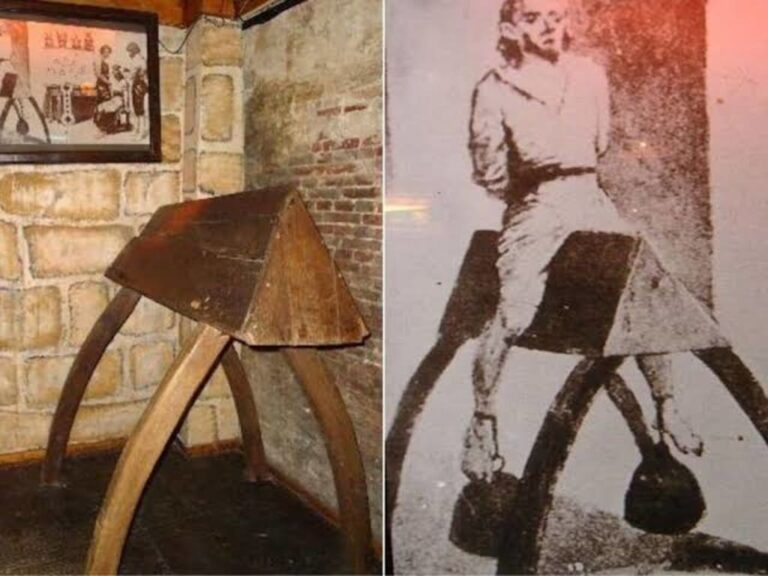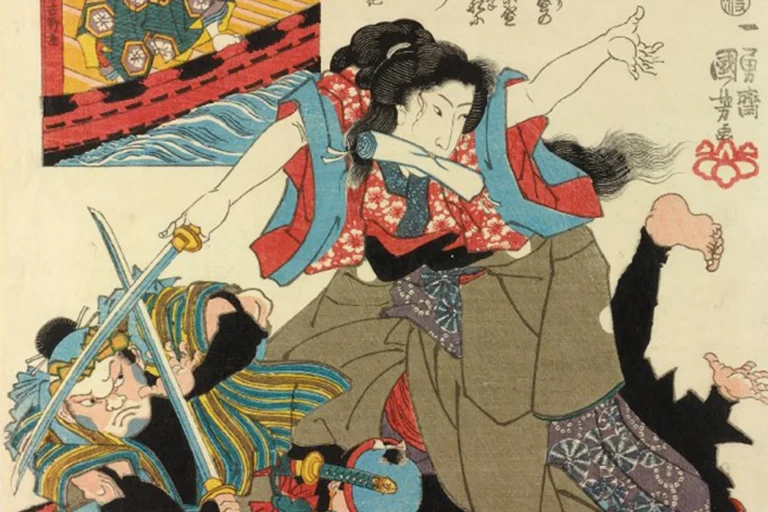Unveiling the Legacy of the Mohican Tribe: A Journey Through Time
The History of the Native American Mohican Tribe
The Mohican Tribe, also known as the Mohicans, is a Native American tribe with a rich and complex history that dates back centuries. Originally inhabiting the Hudson River Valley in what is now New York, the Mohicans played a crucial role in the early history of America. Their story is one of resilience, adaptation, and cultural preservation.
Origins and Early History
The Mohicans trace their origins to the Algonquian peoples, a group that inhabited various regions across the Northeastern United States. They were known for their hunter-gatherer lifestyle and their connection to the land. Historically, the tribe spoke the Mohican language, which is part of the Eastern Algonquian language family.
“The Mohican language is a vital part of our identity and culture, preserving the stories and traditions of our ancestors.” – Mohican Elder
The Mohicans During Colonial Times
Interactions with European Settlers
In the early 1600s, European explorers began to arrive in the region, leading to significant interactions between the Mohicans and the settlers. Initially, the Mohicans engaged in trade with the Dutch and later the English, exchanging fur for European goods. However, these interactions soon turned tumultuous as settlers encroached on their lands.
Impact of Colonization on Mohican Society
The arrival of Europeans brought devastating consequences for the Mohican Tribe. The introduction of diseases, to which they had no immunity, led to a dramatic decline in their population. Moreover, land disputes and conflicts with settlers forced the tribe to relocate. By the 18th century, many Mohicans had moved westward, eventually settling in Wisconsin and Massachusetts.
Cultural Practices of the Mohican Tribe
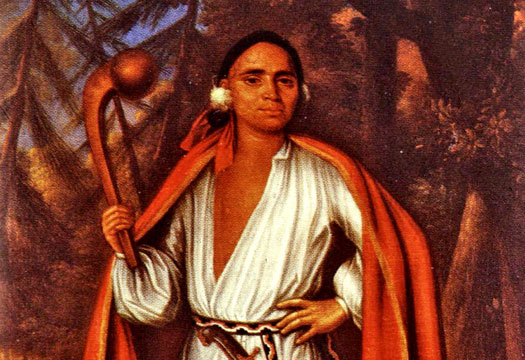
Language and Communication
The Mohican language, while now nearly extinct, serves as a testament to their rich cultural heritage. Efforts are underway to revive the language through educational programs and community initiatives. Preserving the language is essential for maintaining their identity and passing down traditions to future generations.
Traditional Clothing and Artifacts
The Mohicans were known for their intricate craftsmanship, which was evident in their clothing and artifacts. They adorned themselves with garments made from animal hides and decorated them with beads and feathers. Traditional Mohican clothing not only served practical purposes but also held cultural significance, often reflecting their beliefs and social status.
Spiritual Beliefs and Ceremonies
Spirituality played a central role in Mohican life. They believed in a connection between the natural world and the spiritual realm. Ceremonies, such as the Green Corn Ceremony and winter solstice rituals, were vital for celebrating the seasons and seeking guidance from the spirits. These practices reinforced community bonds and ensured the tribe’s continued harmony with nature.
The Mohican Tribe Today
Modern-Day Mohicans and Community Life
Today, the Mohican Tribe is recognized as a sovereign nation, with a reservation located in Massachusetts. The tribe actively engages in community development and cultural preservation initiatives. They focus on education, economic empowerment, and maintaining their cultural identity.
Cultural Preservation Efforts
In recent years, there has been a significant push for the preservation of Mohican culture. Programs aimed at teaching traditional crafts, language classes, and cultural events help instill a sense of pride and identity among younger generations.
“Our culture is our strength. By preserving our traditions, we honor our ancestors and ensure our future.” – Mohican Leader
Challenges Faced by the Mohican Community
Despite progress, the Mohican community faces numerous challenges, including economic hardships and the ongoing fight for land rights. The legacy of colonization still affects their ability to thrive, making it imperative for allies and supporters to advocate for their rights and recognition.
Notable Figures in Mohican History
Historical Leaders and Influencers
Throughout their history, the Mohican Tribe has produced several notable figures who played pivotal roles in their survival and adaptation. Below is a summary of key individuals:
| Name | Role | Contributions |
|---|---|---|
| Sagamore | Leader of the Mohicans | Mediated relations with European settlers |
| William Apess | Pequot and Mohican preacher | Advocated for Native American rights |
| Sister Anne | Cultural educator | Promoted Mohican traditions and language revival |
Contributions to American History
The Mohicans’ contributions extend beyond their community; they have played a significant role in the broader narrative of American history. Their alliances, conflicts, and adaptations have shaped the historical landscape, influencing policies and interactions with other tribes and settlers.
The Mohican Tribe’s Influence on American Culture

Representation in Literature and Media
The Mohican Tribe has left an indelible mark on American literature and media. The novel “The Last of the Mohicans” by James Fenimore Cooper is one of the most well-known works that romanticized their history, though it often presented a skewed perspective. Modern adaptations seek to provide a more accurate portrayal of their culture and experiences.
Contributions to Environmental Conservation
The Mohicans have long been stewards of the land, advocating for environmental conservation and sustainable practices. Their deep connection to nature positions them as crucial voices in the contemporary fight against climate change, ensuring that their traditional knowledge informs modern conservation efforts.
The Enduring Legacy of the Mohican Tribe
The legacy of the Mohican Tribe is one of resilience and strength. Their history, culture, and contributions to American society continue to inspire and inform contemporary discussions on Indigenous rights, cultural preservation, and environmental stewardship.
Call to Action for Awareness and Support
To support the Mohican Tribe, individuals and organizations can engage in advocacy, education, and cultural exchange. By recognizing and honoring their contributions, we can help ensure that the Mohican legacy endures for generations to come.
FAQs
Q: What is the current status of the Mohican Tribe?
A: The Mohican Tribe is recognized as a sovereign nation, with a reservation in Massachusetts, where they work on cultural preservation and community development.
Q: How can I learn more about Mohican culture?
A: Numerous resources, including books, documentaries, and community events, offer insights into Mohican culture and history.
Q: What challenges do the Mohican community face today?
A: The community faces economic hardships and land rights issues, stemming from the historical impacts of colonization.
Q: Is the Mohican language still spoken?
A: The Mohican language is nearly extinct, but efforts are being made to revive it through educational programs.
Q: How did colonization affect the Mohican Tribe?
A: Colonization led to population decline due to disease and forced relocations, significantly impacting their traditional way of life.
Meta Description: Discover the rich history and cultural significance of the Mohican Tribe, exploring their past, present, and enduring influence in America.
References:
- History Defined
https://www.historydefined.net/the-mohican-tribe/

